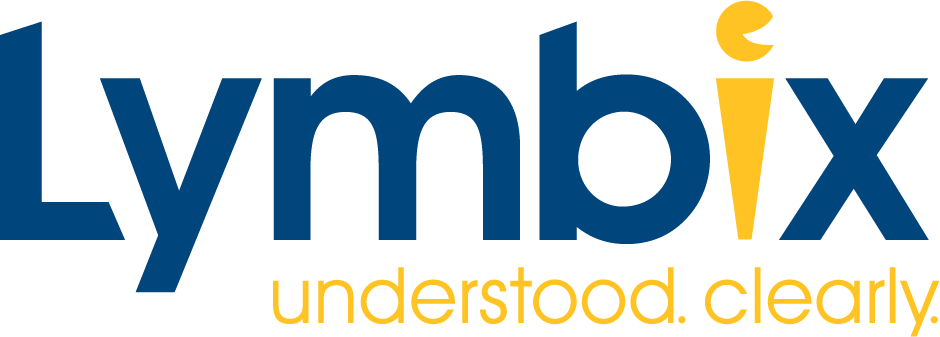Last night was Five Mobile’s big Zynga acquisition celebration party at Cheval’s rooftop patio. Great event, lots of Toronto’s startup community were hanging out. Lots of cool conversations and introductions.
It had a few of us talking about the current state of the startup eco-system right now.
Before your eyes scan down, I think its best to make sure you are sitting, with a glass of ice cold water.
Here’s the exit count by annum (source: techvibes list of acquisitions):
2007 – 6 exits
2008 – 8 exits
2009 – 14 exits
2010 – 27 exits
2011 – on track for 35 exits (about 17 to date)

Yes, that’s right, the startup eco-system is actually on a hockey stick growth curve – phenomenal!!!
The vibe from many folks in the room – “Canada is back, this is awesome, lets go start more companies, why are dumb new grads going to Facebook when they can make it BIG with their own thing”!
In fact, I’m so jazzed up after last night that it makes me want to say something bold. Something crazy.
Canada is THE place to start a company right now – better than Boston, better than New York, better than the f’n Valley.
Look, I know it sounds crazy. I know that you could show many sets of stats about the Valley and deal flow and billion dollar companies and exits and all sorts of numbers. Yes, the Valley is bigger – MUCH bigger.
Bigger <> Better
I’m NOT going to compare quantitatively. Let me instead give you an interesting parallel – the Montreal music scene of a few years back. By any set of numbers, Montreal was and is NOT the heart of the global music scene. Clearly LA, Tokyo, Nashville, New York, etc are all MUCH MUCH bigger and more influential.
Check out this list of amazing bands that came out of Montreal from that period – Arcade Fire, The Dears, God Speed! You Black Emperor, Tegan and Sara, Broken Social Scene… the list is awesome. So, would you rather listen to some churned out robo pop song from LA or would you rather listen to say, The Stars. Montreal had massive influence globally and re-shaped the entire indie rock world.
Seriously, if you were starting a band in say 2003, would you rather be anywhere than in Montreal? Could you imagine doing gigs with Arcade Fire & Broken Social Scene? Can you imagine the community and camaraderie? Would you trade that to go live in LA so you could get a monster recording deal and be hanging with record execs all day? And that’s what I think the Canadian startup scene feels like right now – great companies, great people, great community building cool stuff – everybody is jazzed because something special is happening right here, right now. We’re not the biggest, but it is good here.
The Control Factor
The automatic first whine I’ll hear from so many of you – “but there’s no money here”. Bull poopy. Yes, there aren’t VCs up north. That doesn’t mean we don’t have money up here. Did you read the angel investing report by Bryan Watson. 88 deals, $35mm, 90% net new in 2010. Last night I talked to three different companies who had raised major rounds from angels around the $1mm mark. The angel scene up here is the VERY REAL DEAL.
Entrepreneurs need to understand that the early stage funding scene in Canada does not look and feel like what they read about in tech crunch and from Mark Suster, Brad Feld, Fred Wilson. There’s no Sand Hill Road equivalent. Its just different. You need to find the angels. That means networking. That means contacting guys like Bryan Watson (@bwat) who posts here regularly, or emailing us folks at startupnorth for contacts or hitting up angel investing groups, or applying to local accelerators who will have great angel networks like Year 1 Labs, Mantella, Extreme U, Grow Labs and so on.
This is more important than you think. Angel deals “tend” not to have control issues & board seats or deal vetos and all those fun big clauses you spend thousands of dollars in legal fees haggling over. It means you’ll be less likely to have “Asshole VC” stories, extravagant liquidity preferences, management cram downs, and so on. It probably makes “operating” your startup a lot easier. A very good reason to start a business here.
We Are Building Cool Stuff
I met Ken Seto, one of the founders of Massive Damage. Location based games and check out that art work! Did you guys see what Anish and Jeson were doing with Social Deck before Google bought them? Or Anand Agarawal with BumpTop before Google bought them… the BumpTop GUI was one of the best I’ve ever used. Have you used Kik, its one of the best user experiences on my Android phone. Freshbooks, another great product. Or check out the list of projects that Xtreme Labs is working on. I love having folks building awesome stuff in the community.
Canadian Engineering Talent is Second to None AND Available
Waterloo, U of T, Montreal & Ottawa, there are great, great engineers coming out of these schools. We all know the stories of Facebook, Microsoft, Google fighting over the top grads from the big engineering schools. I could iterate through tons of my ex-Waterloo classmates who are senior product managers or senior devs at these companies. Not only are the engineers great, they are available and affordable. The engineering crunch felt in New York and California just isn’t as bad as it is in parts of Canada. And to be honest, developers are more affordable up north. Probably by a factor of 20-30% versus NYC or the Valley.
I could go on and on about why I think right now is the BEST moment to start a company in Canada. Sure, the VCs, Angels and Incubators in the US are far better marketers and easier to find so in theory its easier to get funded. And I’m sure living in Man Jose or in the large suburban neighbourhoods of Palo Alto is really cool – suburbs are great. And of course, if you’re ugly, you SHOULD go live in San Francisco with the other non-beautiful people anyways.
Or, you could be like one of the awesome bands in Montreal in the early 2000s who got to be part of a great community that did something special and had the time of their life doing it.



